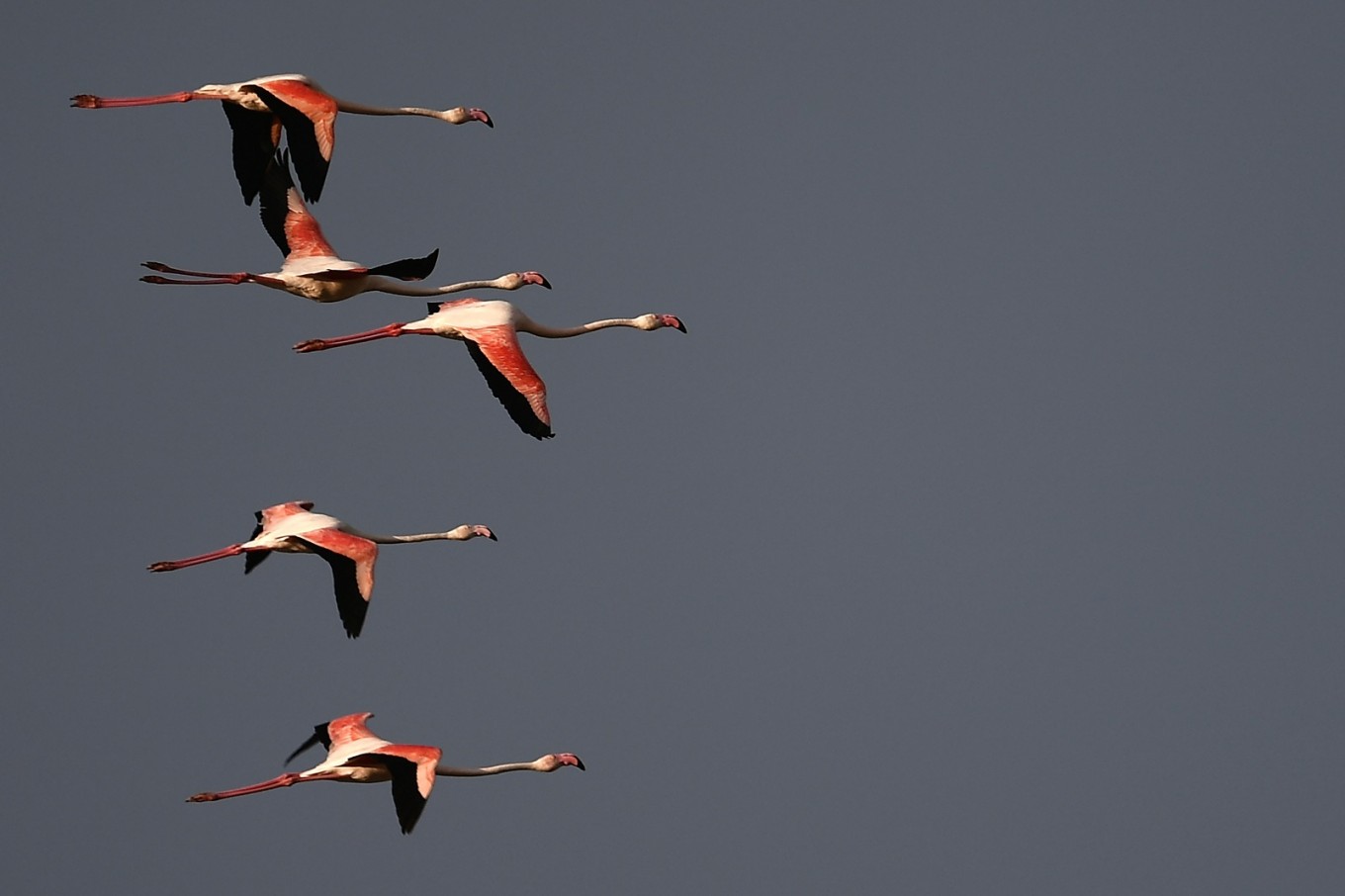Popular Reads
Top Results
Can't find what you're looking for?
View all search resultsPopular Reads
Top Results
Can't find what you're looking for?
View all search resultsShould I stay or go? Birds migrate to save energy: Study
Change text size
Gift Premium Articles
to Anyone
W
hy have some birds opted for a taxing life of constant migration -- seeking out temperate climes to feed as winter arrives, only to return months later to breed?
Seemingly paradoxically, the behaviour is driven by a quest for energy efficiency, a study said Monday.
Migrating birds, researchers found, gain more energy from whatever is on the destination menu than they expend getting there and back, or could find without making the trek.
Why don't they just stay in the warm place? Because there is too much competition for food with other species, said the study published in the journal Nature Ecology & Evolution.
Instead, they return to their cold, northern hemisphere home where they don't have to fight others for the food there is.
The work "provides strong support for the hypothesis that birds distribute themselves in an optimal way in terms of energy," study co-author Marius Somveille of the University of Oxford's zoology department told AFP.
While it was known that birds migrate in search of food, it has remained a puzzle why they have adopted this exacting lifestyle.
The new study explains the behaviour of not only migratory birds, but also that of sedentary or "resident" ones, its authors said.
These too weighed the available food against greener pastures, and came to a different conclusion.
Most resident birds are found in the tropics, where food is easier to get by.
Read also: Saving Indonesia’s birds-of-paradise one village at a time
Fly or die
The study used a theoretical model to examine why birds migrate -- about 15 percent of the total -- while others do not.
It started with a model world with similar climatic differences between regions than our real one.
The researchers then added virtual birds, and the estimated amount of "energy", or food, available in different regions.
Given these inputs, the model birds dispersed very similarly to what happened in real life.
The birds started off in the food-rich tropics, but growing competition forced some to start moving further afield.
"In our increasingly crowded virtual world, species progressively started exploiting more extreme pockets of seasonally available energy supply, often migrating longer distances," the team wrote.
The model adds to our understanding of how Earth's plants and animals came to be distributed as they are, the researchers added.
It could also be useful in predicting the future movements of other animals -- to determine how they might migrate in response to global warming, for example.











